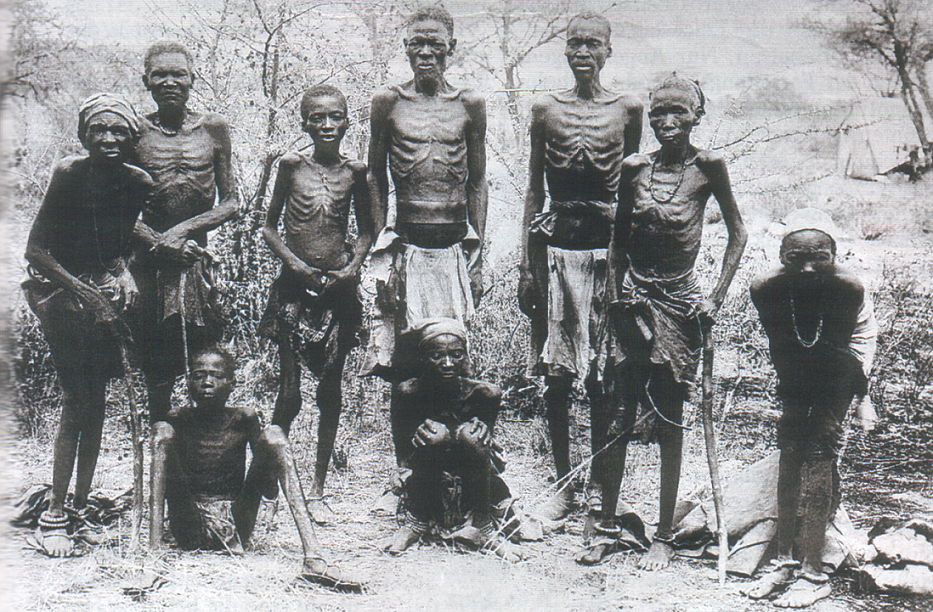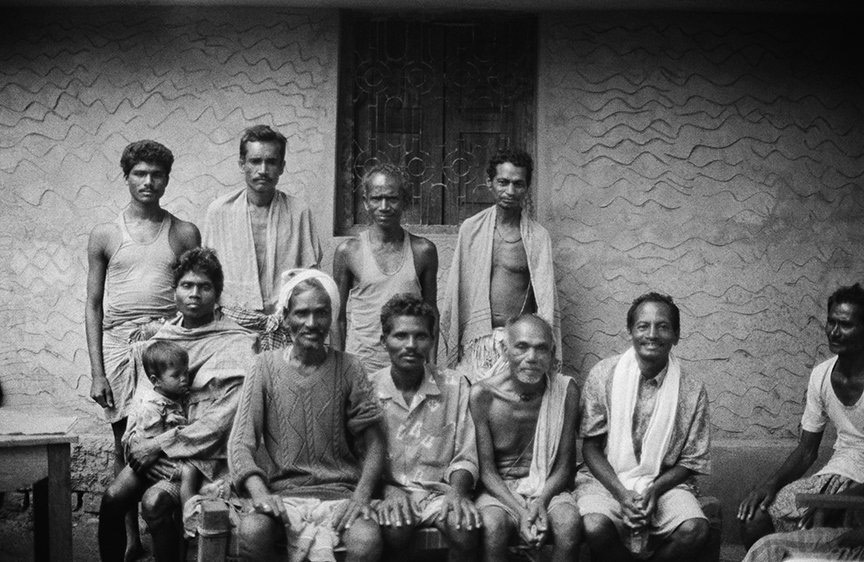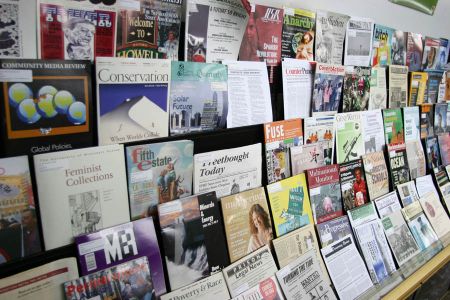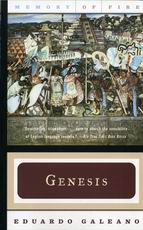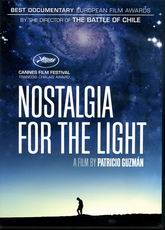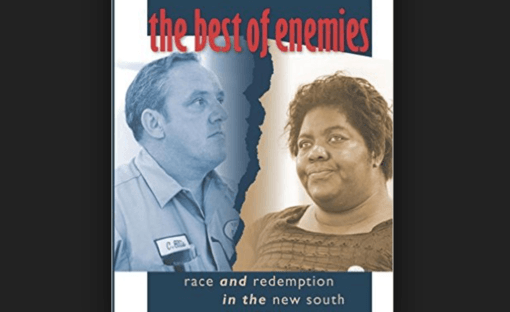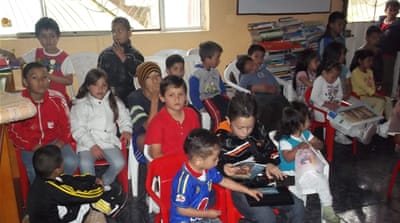Other Voices: The Connexions Newsletter
December 17, 2017
This Issue: Collective Memory and Cultural Amnesia
Our society is obsessed with the short-term present. It devalues memories and the past. That’s the nature of capitalism, especially the speeded-up hypercapitalism of today. The past is useless: profits are made by getting rid of the old and replacing it with something new.
Certainly this applies to commodities, which, as Marx taught us, are both the incarnation of value under capitalism, as well as the embodiment of capitalist values. Commodities (whether or not they take a physical form) have to be destroyed or made obsolete so that new commodities can be sold.
The need to eclipse the past also applies to ways of living. For the sake of increased profits, steady jobs have to be eliminated and replaced with precarious work. Unions have to be ground down and where possible destroyed. Farmers practising traditional agriculture have to give way to industrial farming, or be forced off their land. Culture has to be packaged as a product so it can be bought and sold.
This ceaseless enterprise of social engineering works best if people can be made to forget that things once were different. Collective memories of unionized jobs with benefits, air you could breathe and water you could drink without being poisoned, times when you could live your life without being spied on by the government and the corporations – such memories are dangerous. It’s best if people forget that such things ever existed.
Even more dangerous are collective memories of resistance – times when people got together, and fought for their rights, sometimes winning, sometimes losing. The very idea that things were different in the past, and could be different in the future, is perilous because it gives people dangerous ideas.
Official society, including the mainstream media, busily carry on their daily work of fostering social amnesia, focusing on the present and the trivial, while erasing the past by misrepresentation or neglect. Certainly neither media nor governments have any interest in having people remember the lies that were used to justify past wars and past crimes. Recycled lies (including promises of a better future) work best if people don’t remember how often the same false tales have been told in the past.
But there are those who do remember, and who work to preserve and share our collective memory. They do their work for different reasons, in different places.
Sometimes the impulse is nationalist or even racist. Those who live on conquered or stolen land rarely care to remember much about how the land came to be theirs. They prefer collective myth to collective memory.
But they have to contend with the collective memories of those who were displaced. From Canada to Palestine, from South Sudan to Burma, people are working to document their stories and bring them to the attention of the world. In such instances, and others, the burning impulse is truth: to tell what happened to us.
Other initiatives and projects – Connexions itself is an example – see historical memory as a way of contributing to the struggle for a different world. For us, knowledge of history is subversive, and remembering can be a form of resistance. To understand how we can change society, we have to understand it. That means understanding where it – where we – came from.
When we know and understand more about those who came before us lived and fought, we can gain a deeper understanding of how we can best live and fight.
In this issue of Other Voices, we share some stories about people’s struggles to use collective memory as a form of resistance and a tool for creating a better world.
As always, we invite you to share this newsletter with your friends. You can forward this email, or send them the link to the Other Voices home page on the Connexions website at www.connexions.org/Media/CxNewsletter.htm.
If you'd like to subscribe and receive this newsletter by email every three weeks, please use this form.
Your feedback is appreciated - and so are donations to keep us doing what we're doing!

Topic of the Week
Collective Memory
Collective Memory refers to the things that form the shared historical memory of a society or social group. Like any aspect of a culture, it changes through time, and varies according which group is doing the remembering. It is always contested terrain.
On the Connexions website, you will find many histories, with the predominant emphasis on people’s history: people from below. You will also find many accounts of people struggling to preserve and recover their history. Explore the Collective Memory page in the Connexions Subject Index here
This Week in Connexions.org
Bhopal's Fight for Memory
In December, 1984, unknown poisonous gases burst out from a Union Carbide pesticide plant located in a vicinity of the city of Bhopal in central India. The plant was not maintained adequately, and had already seen prior deaths from exposure to toxic leaks. Over 5000 persons from the area immediately adjacent to the factory died in the 72 hours following the gas “leak,” and over 20,000 persons died subsequently as a result of severe health complications from the toxic air. More than 600,000 persons continue to suffer severe health problems and physical deformities. Dow Chemical, which subsequently acquired Union Carbide Company, denies liability for damages.
According to Nityanand Jayaraman, the struggle in Bhopal underscores the importance of memory as a weapon or tool to get justice and to hold corporations and the government accountable. The government wants Bhopal to be forgotten, and the one thing that the Bhopalis know is that they need to fight for memory of Bhopal.
The fight is to keep the memory alive, not only through holding the anniversary but by having significant victories and defeats and ongoing struggles as the subject of each anniversary. It is a stock-taking effort, and also an invitation for people to come to Bhopal to witness the rehabilitation work and the struggle, to see the strengths and the fatigue, and to see firsthand the extent of damage that has been caused by one corporation's pursuit of profit.
Read more
Keywords: Corporate Crime - Disasters
A Century Later, Namibia Demands Justice From Germany for Its First Holocaust
Between 1904 and 1908, German colonialists committed a holocaust against the Herero and the Nama, exterminating as many as 65,000 Herero and 10,000 Nama.
Afterwards, the German perspective viewing the genocide as an heroic colonial war against ‘savages’ literally dominated the memorial landscape as the former colony was inundated with monuments and street names commemorating the German war effort. Descendants of the victims have struggled to keep the memory of the genocide alive, both by commemorative events and oral tradition.
Sherpur: big sacrifice, short memory
Rural Indians were both the foot soldiers of freedom and the leaders of some of the greatest anti-colonial uprisings ever seen. Countless thousands of them sacrificed their lives to rid India of British rule. And many who lived through great suffering to see a free India were mostly forgotten soon after. From the 1990s onwards, journalist P. Sainath, the founder of the People’s Archive of Rural India, recorded the lives of some of the last living freedom fighters. Read more
Keywords: India/Independence Movement - Oral History
Museo de la Palabra y la Imagen
The MUPI is a foundation dedicated to the investigation, preservation, and dissemination of the historical and cultural heritage of El Salvador. The MUPI permanently accompanies indigenous and peasant communities in their process to document their historical memory, and organizes youth workshops on themes such as memory and human rights.
After the Civil War (1980-1992) and with the signing of the Chapultepec Peace Accords in 1992, journalist Carlos Henríquez Consalvi (also known as 'Santiago'), directed a team initiative to rescue diverse archives and audio files on social movements. This conservation effort has been extended since to include diverse themes regarding Salvadoran culture, identity, and history
Find the MUPI here
Keywords: El Salvador - Memory
Journalism, History and War: Sit, Type and Bleed
There are millions of victims throughout the Middle East region, numerous bereaved families, constant streams of refugees and a human toll that cannot be understood or expressed through typical media narration: a gripping headline, couple of quotes and a paragraph or two by way of providing context. The price is too high for this kind of lazy journalism. There is too much at stake for journalism not to be fundamentally redefined by those who are experiencing war, understand the pulse of the region, fathom the culture and speak the language of the people.
But how much is our journalism today a reflection of this reality? This harrowing, blood-soaked reality?
American author and journalist, Ernest Hemingway, once wrote, "There is nothing to writing. All you do is sit down at a typewriter and bleed."
But modern journalism - at least, the way it is communicated in the Middle East at the moment - hardly bleeds. Under the guise of false objectivity, it remains detached, removed from its immediate reality and is rarely expressive of the seriousness of this difficult transition of our history.
Equally inexcusable, we pay little attention to history as if the most significant component of our story is the least relevant one.
Read more
Keywords: Journalism - Media Coverage/Middle East
The Case for Grassroots Archives
Grassroots archives and citizen-run history projects – archival collections that are maintained by small non-profit groups and individuals – fill some of the gaps that mainstream institutional archives are unable or unwilling to fulfil. Their interests and areas of specialization are diverse. Among the most active are political projects which work to preserve the histories of grassroots movements for social justice and make them accessible to new generations. They share a belief in the importance of ‘history from below, people’s history, and work to keep alive memories of resistance and alternative visions for the future, in the face of a political culture which insists there are no alternatives to the way things are. Read more
Keywords: People’s History - Left History
Website of the Week
Seeds of Fire is a people’s chronology, organized in a daily format, which recalls and commemorates events that happened on this day in history. The focus is on memories of struggle, resistance, and persistence: people’s history.
Seeds of Fire is compiled by Ulli Diemer, and is featured on the Connexions website. Find it here
Keywords: Collective Memory - Left History - People’s History
Book of the Week
Memory of Fire
By Eduardo Geleano
Eduardo Galeano's Memory of Fire trilogy documents Latin American history from the earliest days to the late twentieth century. The first volume, Genesis, begins with the pre-European-contact period and then goes on to chronicle early encounters and colonizing missions from 1492 to 1700. Relying on translations of first hand accounts, the author presents the interaction between the old and the new world from several perspectives. The author's focus sheds light on the inhumane and cruel policies taken towards the native inhabitants of the Americas in the guise of Christianity and progress. Several of the documents record the ethnocentric beliefs of European supremacy regarding the inferiority of 'native' peoples and the impassioned attempts of indigenous peoples to preserve their roots in the face of dramatic change.
Galeano's work also provides glimpses into the voices of objection to the treatment of the colonized people, speaking out against the brutal enslavement and maltreatment of 'savages'. .
Genesis voices stories, accounts and events often forgotten and overlooked. The format, presented chronologically, reveals a continuing divide and a "kaleidoscopic" view between those in favour, those opposed and those ambiguous to the events shaping the Americas. Read more
Keywords: Latin America - History
Film of the Week
Nostalgia de la luz (Nostalgia for the Light)
By Patricio Guzman
Patricio Guzman’s documentary film is a meditation on astronomy, the past, memory, and persistence.
In Chile's Atacama Desert, astronomers search the sky and explore the origins of the universe. Nearby, a group of women sift through the sand searching for body parts of loved ones murdered and dumped in the desert by the Pinochet dictatorship. All of them are, in their own way, trying to make sense of what happened in the past. Guzman brings us the voices and recollections of family members and surviving victims of human rights abuses, as well as the perspectives of historians, archeologists and astronomers.
Organizing
Tears of Solidarity
The story of how C.P. Ellis, a member of the Ku Klux Klan, and Ann Atwater, an African American civil rights activist, overcame racial divisions to forge first, a working relationship, and then a strong friendship. In the process of working with Atwater, Ellis broke with his racist past, and became an anti-racist and a union organizer. The Ellis/Atwater story is extraordinary in that it involves a dramatic transformation of rare degree. This is part of what makes it so compelling; it inspires hope that even vehement racists are redeemable. But there is another reason to find the story compelling: it demonstrates the principle that the best way to overcome prejudice and racism is to get people working together, as equals, on common issues. Read more
Keywords: Racism - Transformation
People's History
The Nine-Hour Movement: How civil disobedience made unions legal
From today’s strike-first strategy of fast food workers in America, to the 1965 postal workers wildcat which ushered in public sector collective bargaining, civil disobedience has long been essential to breaking through legal barriers imposed on workers. The birth of Canada's labour movement was during a movement of mass civil disobedience in attempt to secure the nine hour workday. Read more
Keywords: Civil Disobedience - Labour Organizing
From the Archives
Bogota's bibliophile trash collector who rescues books
Jose Alberto Gutierrez, who lives on a steeply sloping road in the La Nueva Gloria barrio in the southern reaches of Colombia's sprawling capital, created a community library and donates books to children, believing that education can break the cycle of poverty. Jose has become a conduit connecting book lovers - La Fuerza de las Palabras has donated reading materials to some 235 schools, institutions and community libraries across Colombia. In fact, one of their first contributions was to his neighbourhood's only school, which is down the road from his house. The school did not have a library until Jose rolled up. Read more
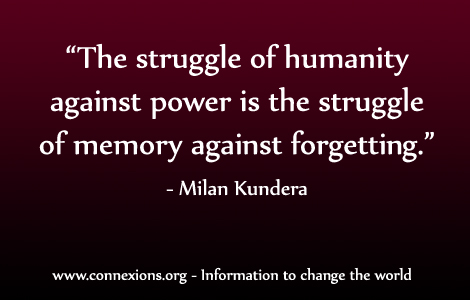
Your support is needed to keep Connexions going
All of the work of the Connexions project is done by volunteers, but our expenses include rent, phone and computer costs and technical support, as well as expenses related to our ongoing project of converting printed archival materials into digital formats. You can make a one time or regular monthly contribution through the donate page on the Connexions website.
Bequests
Many of us have made working for social justice a lifetime commitment. If you are thinking about leaving a legacy for social justice that will live on, you might want to consider leaving a bequest to Connexions in your will. If you'd like to discuss this option, please contact us or see the Bequest page.


